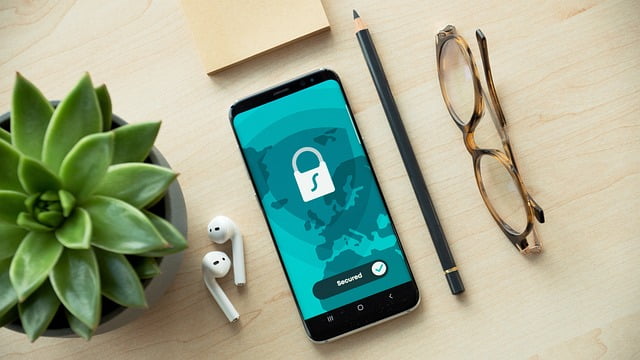Is a VPN Required for Torrents?

Torrenting has become a popular method for sharing and downloading large files quickly and efficiently. However, this method of file sharing comes with a range of legal and security concerns. One common question among torrent users is whether a Virtual Private Network (VPN) is necessary for safe and legal torrenting. This article explores the reasons why using a VPN for torrents can be essential, the risks involved in torrenting without one, and how to choose the right VPN for your needs.
Understanding Torrenting and Its Risks
What is Torrenting?
Torrenting is a peer-to-peer (P2P) file-sharing method that involves downloading files from multiple sources simultaneously. Instead of downloading a file from a single server, torrenting allows you to download pieces of the file from various users who already have it, and then reassemble the pieces on your device.
Risks Associated with Torrenting
Torrenting, while efficient, is fraught with risks:
- Legal Issues: Downloading copyrighted content without permission is illegal in many countries and can lead to hefty fines or even jail time.
- Security Threats: Torrents can be a breeding ground for malware, viruses, and other malicious software.
- Privacy Concerns: Your IP address is exposed to everyone in the torrent network, making it easy for malicious actors or copyright watchdogs to track your activities.
Why Use a VPN for Torrents?
Enhanced Privacy
A VPN masks your IP address, making it difficult for others to track your online activities. This is crucial for torrent users who want to keep their identity and activities private.
Security
VPNs encrypt your internet traffic, protecting your data from hackers and other malicious actors. This encryption ensures that even if someone intercepts your data, they won’t be able to decipher it.
Bypassing Geo-Restrictions
Some torrent websites are blocked in certain countries. A VPN allows you to bypass these geo-restrictions by making it appear as though you are accessing the internet from a different location.
Avoiding ISP Throttling
Internet Service Providers (ISPs) often throttle bandwidth for P2P activities. A VPN hides your torrenting activities from your ISP, preventing throttling and ensuring faster download speeds.
Risks of Torrenting Without a VPN
Exposure to Legal Action
Without a VPN, your IP address is visible to everyone in the torrent swarm. Copyright holders and anti-piracy organizations often monitor torrent networks and can easily trace illegal downloads back to you, leading to potential legal action.
Increased Vulnerability to Cyber Threats
Torrenting without a VPN exposes your IP address and makes you an easy target for cyberattacks. Hackers can use your IP address to launch attacks, steal personal information, or distribute malware.
ISP Surveillance
ISPs monitor user activities to enforce their terms of service and to prevent illegal activities. If your ISP detects torrenting, they can issue warnings, throttle your bandwidth, or even terminate your service.
Conclusion
Using a VPN for torrenting is not just about bypassing geo-restrictions or avoiding ISP throttling. It is a critical tool for protecting your privacy and security online. Given the legal and cybersecurity risks associated with torrenting, a VPN provides essential safeguards that every torrent user should consider. By choosing a reliable VPN with strong security features, you can enjoy torrenting with peace of mind, knowing your activities are private and secure.
Loading newsletter form...






